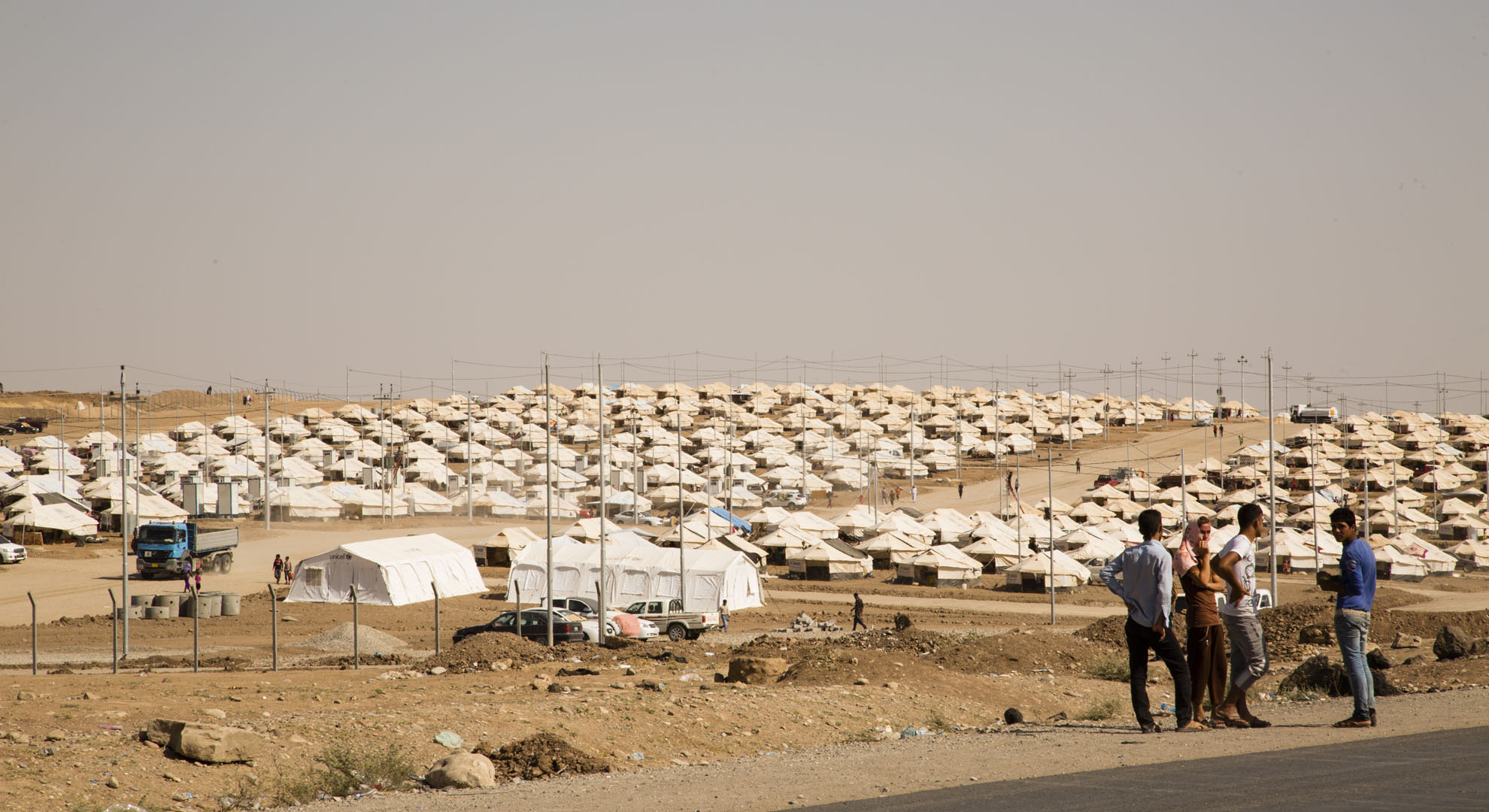
People are Turning to Jesus Worldwide, Some More Unexpectedly than Others
This past week brought two exciting articles, one from churchleaders.com and the other from the NY Times, that should be particularly intriguing for churches who are sending and those who are being sent to the nations for the sake of the gospel. The articles both detail the story of Bashir Mohammed, a former Jihadi terrorist in the Syrian War who turned from terror .
We’re no stranger to articles, videos, information, and biblical direction regarding refugees around the site—basically trumpeting the opportunity for gospel proclamation and service to peoples who may be incredibly difficult to reach in their home environments. But we’ve not been able to publicly celebrate many exciting stories, yet, of the effects of the gospel within this global movement of peoples. Bashir Mohammed’s is the first of many, God willing, that we hope to share in the coming days. From the churchleaders.com article:
This experience led Mohammad to a Christian preacher in Istanbul, and after both Mohammad and Rashid dreamt they saw the person of Jesus and felt deeply loved by him, they converted to the Christian faith. “There’s a big gap between the god I used to worship and the one I worship now,” Mohammad said. “We used to worship in fear. Now everything has changed.” Mohammad’s story parallels a growing wave of conversions among Muslim refugees in European countries.
That is a story worth celebrating. A secondary question, however, is also noted in the article, regarding the legitimacy of every conversion story one might run across in regards to refugees and gives all the more reason for Christians to pray for them and go to serve them with the gospel whenever possible:
It’s worth putting an asterisk next to these numbers, however. It is likely that some Muslims are “converting” to improve their immigration status in countries less hospitable to their faith. Because many European churches are leading the way in helping Muslims with their refugee status, it becomes easy to see how “giving the right answer” to certain questions about religion is tempting. However, there are many cases, like Mohammad’s, where the conversion comes from a genuine attraction to the Christian faith.
For more on Bashir’s story, read here and here.
The One-Down Position
It is hard to be humble. It is even harder to be needy. And yet, sometimes that is exactly what we need to be… needy.
These are the words written by Keelan Cook in another informative article for those engaged in missions to introduce a discussion of the invaluable nature of a certain posture for Christian ministry, including cross-cultural, international mission. It’s not simply an attitude of humility that Cook suggests that we should espouse, but one of need. It’s not simply modesty regarding one’s own importance, but a recognition and admittance of one’s need for help among those to whom we’ve been sent.
Instead of going in with the answers, it is going in with questions and a request for help. Instead of thinking they need you and what you have to provide, it is realizing you need them to understand the people you are trying to reach.
Larry McCrary, Executive Director of the Upstream Collective has often described this practice as entering a culture as a learner. It’s a posture that puts the missionary in a humbled position, requiring help from those to whom they have traveled (akin to Jesus’ instructions for the disciples in Luke 10). This posture is not the easiest one to take, yet it can yield incredible results, as Cook also points out:
Something amazing can happen when we go into an area of ministry needy. Walls start to come down. When we approach people in a manner that appears superior, they get defensive. Would you not? After all, it is by nature demeaning. If we truly believe that everyone is created in God’s image and all are valuable, we demonstrate it when we acknowledge our dependence on others. We highlight how valuable someone is by revealing how inadequate we are.
For more from Keelan on the One-Down Position, read here.
For more study on refugees, their plight, and how we might intercede, check out this article on the numbers, this article that tells the story of a refugee returning to work among refugees, this book review that helps us understand the refugee crisis from the inside, this article describing how we came to this point, and these links to practical ways to serve—through our project finder, our trip finder, and Baptist Global Response’s work among refugees.


